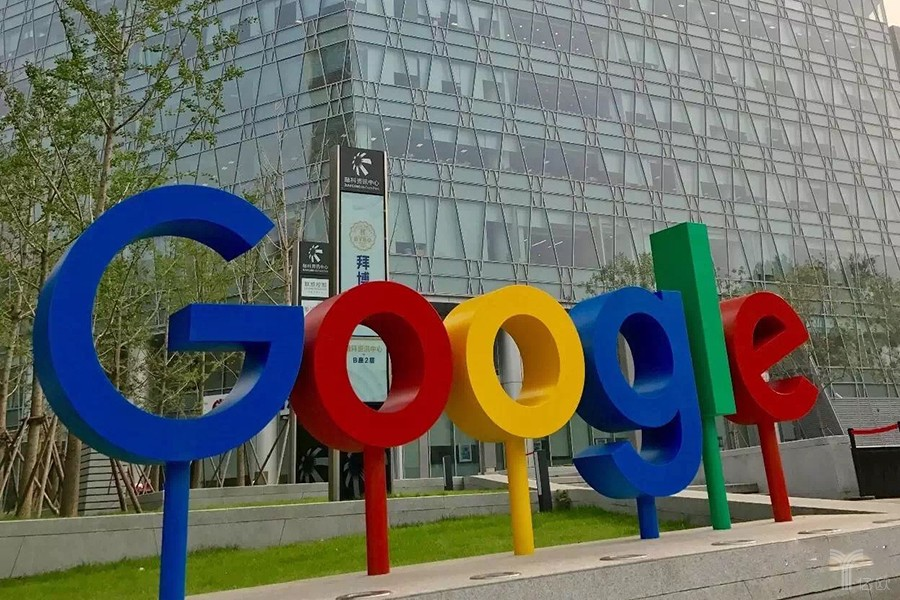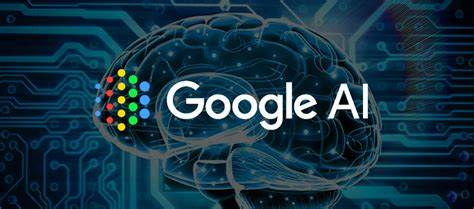Introduction
Google, the tech giant that has revolutionized the way we search for information, recently celebrated its 25th anniversary. Over the years, Google has constantly evolved and adapted to the changing landscape of technology. One of the significant transformations for Google has been its foray into artificial intelligence (AI). In this article, we will explore how Google has transitioned from being an AI wavemaker to a determined catch-up player, and the impact it has had on the company and the world at large.
Google 1.0: The Early Years
Google’s journey began in 1998 when Larry Page and Sergey Brin founded the company as a research project at Stanford University. Their mission was to organize the world’s information and make it universally accessible and useful. The early years of Google were characterized by its search engine, which quickly gained popularity due to its accurate and efficient search results. Google’s focus on user experience and relevance set it apart from its competitors.
Google 2.0: From “X” to “Alphabet”
As Google continued to grow, it expanded its product portfolio and ventured into new territories. In 2015, the company underwent a major restructuring and formed a parent company called Alphabet. This move allowed Google to allocate resources more effectively and pursue ambitious projects beyond its core search business. Alphabet became a conglomerate of companies, with Google being one of its subsidiaries.
The Rise of Artificial Intelligence
With the advent of AI, Google recognized the immense potential it held for transforming various industries. The company invested heavily in AI research and development, acquiring several AI startups and hiring top talent in the field. Google’s AI initiatives were driven by its commitment to improving user experiences and solving complex problems.
Google’s AI Wavemaker Era
During the early stages of AI development, Google positioned itself as a wavemaker, pushing the boundaries of what AI could achieve. It launched several groundbreaking AI-powered products and services that revolutionized the way we interact with technology. One such product was Google Assistant, a virtual assistant that could understand and respond to natural language queries. Google Assistant quickly became a household name and set the benchmark for AI-powered voice assistants.
Google also made significant advancements in computer vision with the development of Google Lens. This AI-powered visual search tool enables users to search for information by simply pointing their camera at objects, landmarks, or text. Google Lens has been integrated into various Google products, including Google Photos and Google Search, enhancing the overall user experience.
Google’s Catch-Up Efforts in AI
While Google was initially at the forefront of AI innovation, it faced stiff competition from other tech giants, particularly in the field of voice assistants. Amazon’s Alexa and Apple’s Siri gained significant market share, leaving Google playing catch-up. Recognizing the need to improve its voice assistant capabilities, Google focused on enhancing the performance and features of Google Assistant.
In recent years, Google has made significant strides in natural language processing and understanding, enabling Google Assistant to provide more accurate and contextually relevant responses. The introduction of Duplex, an AI system capable of making phone calls on behalf of users, showcased Google’s commitment to pushing the boundaries of AI technology.
AI-Powered Products and Services
Apart from voice assistants, Google has incorporated AI into various other products and services. Google Maps, for example, leverages AI algorithms to provide real-time traffic updates and suggest the most efficient routes. AI is also used in Google’s email service, Gmail, to detect and filter spam messages, enhancing user security and productivity.
In the field of healthcare, Google’s AI algorithms have shown promise in diagnosing diseases and predicting patient outcomes. Through its DeepMind subsidiary, Google has developed AI models that can analyze medical images and detect abnormalities with high accuracy. These advancements have the potential to revolutionize healthcare delivery and improve patient outcomes.
Ethical Considerations and Challenges
As Google continues to push the boundaries of AI, ethical considerations and challenges arise. The company is committed to ensuring that AI is developed and deployed responsibly, with a focus on transparency and accountability. Google has established ethical guidelines for AI development and usage, aiming to mitigate biases and ensure fairness in AI algorithms.
Privacy is another significant concern when it comes to AI. Google has faced criticism for its data collection practices and the potential misuse of user information. The company has taken steps to address these concerns by giving users greater control over their data and implementing strict privacy policies.
The Future of Google and AI
As Google celebrates its 25th anniversary, the future looks promising for the company’s AI endeavors. With ongoing advancements in machine learning and deep learning, Google is poised to continue pushing the boundaries of what AI can achieve. The integration of AI into various products and services will further enhance user experiences and drive innovation across industries.
Google’s commitment to AI research and development, coupled with its vast resources, positions the company as a major player in shaping the future of AI. As technology evolves, Google will likely continue to invest in AI-powered solutions that make a positive impact on society.
Conclusion
Google’s 25th anniversary marks a significant milestone in the company’s journey. From its humble beginnings as a search engine to its current position as a leader in AI technology, Google has consistently adapted and evolved. The company’s transition from being an AI wavemaker to a determined catch-up player showcases its commitment to innovation and its determination to stay at the forefront of technological advancements. As Google looks towards the future, it will continue to leverage AI to enhance user experiences and shape the world we live in.









